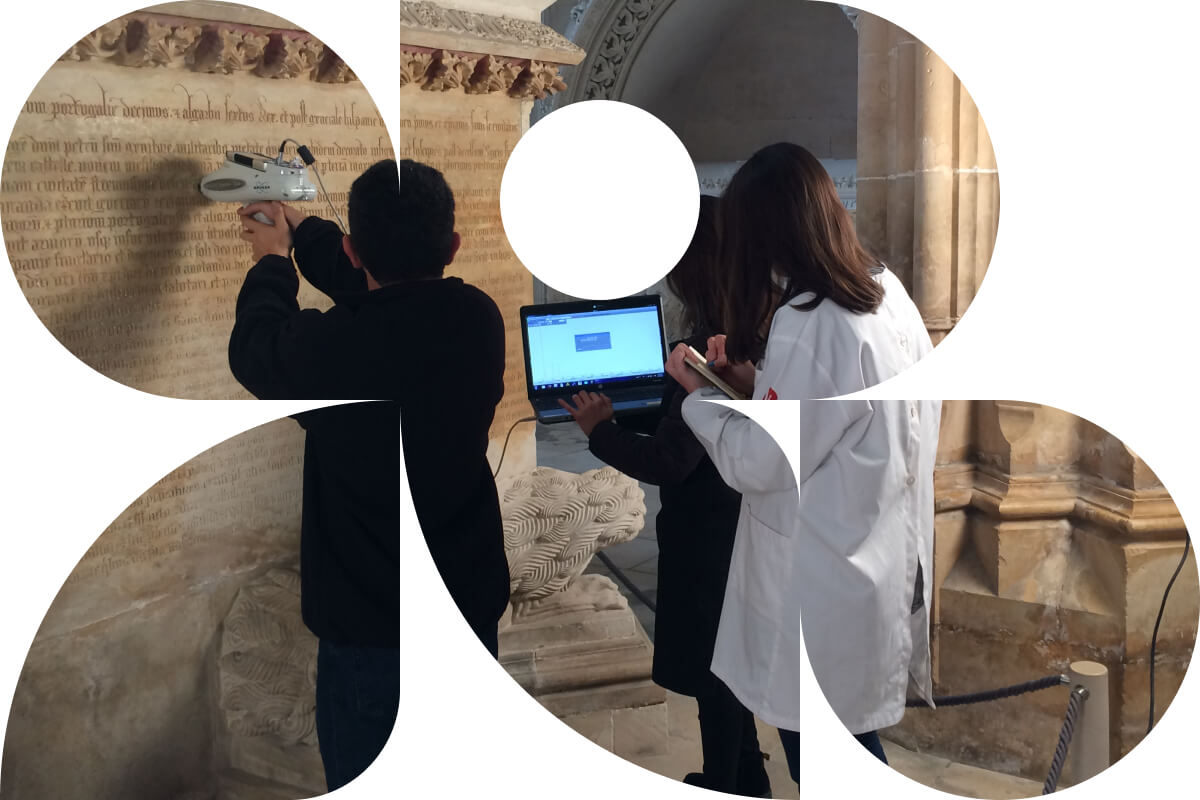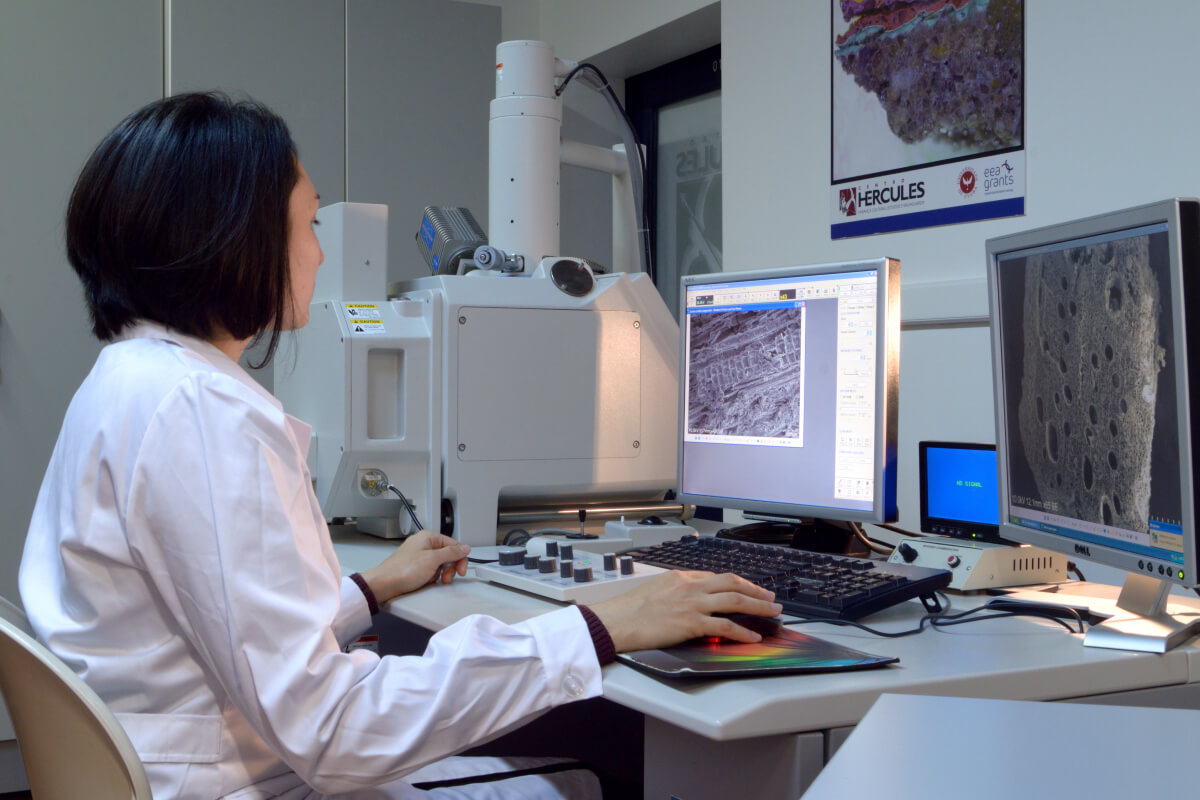Overview
Established in 2009, the HERCULES Lab is a research infrastructure from University of Évora, devoted to the study and valorisation of cultural heritage, focusing on the integration of physical and material sciences methodologies and tools in interdisciplinary approaches.

